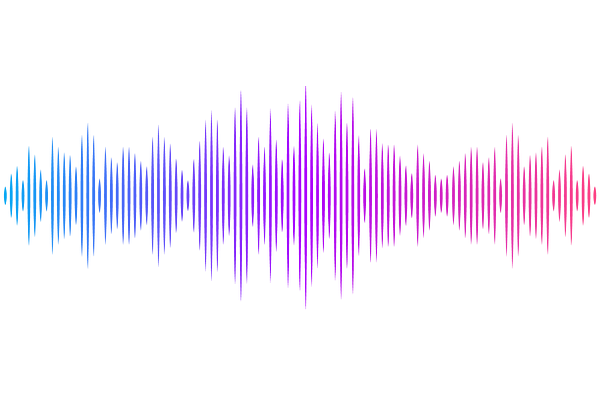RFdiffusion Exhibits Low Success Rate in De Novo Design of Functional Protein Binders for Biochemical Detection

RFdiffusion Exhibits Low Success Rate in De Novo Design of Functional Protein Binders for Biochemical Detection
Jiang, B.; Li, X.; Guo, A.; Wei, M.; Wu, J.
AbstractThe design of high-affinity protein binders is critical for biochemical detection, yet traditional methods remain labor-intensive. AI-driven tools like RFdiffusion, a RoseTTAFold-based diffusion model, offer promising alternatives for generating protein structures with tailored binding interfaces. This study evaluates RFdiffusion\'s efficacy in desinging de novo binders for six targets: Strep-TagII (a peptide tag) and five eukaryotic proteins (STAT3,FGF4,EGF,PDGF-BB and CD4). Five binders were designed for each target and experimentally validated. While two Strep-TagII binders outperformed streptavidin in Western blot assays, none matched the sensitivity of anti-Strep-TagII antibodies. Binders for the other targets failed due to low expression, nonspecific binding, or undetectable affinity. Despite generating structurally diverse candidates, RFdiffusion\'s success rate was limited by low-affinity designs and inconsistent recombinant expression. These results underscore the need for further optimization of AI-driven protein design tools for practical biochemical applications.